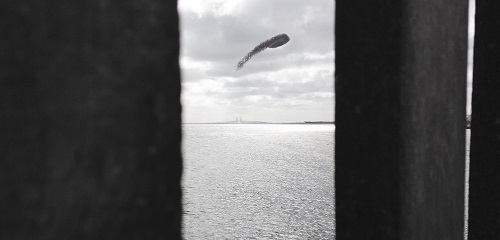"Like Sitting Inside a Phone"

Being at the same time intimately connected to everyday lives and places, and yet inaccessible to most people, the radio studio has a paradoxical position in the modern imaginary. Acoustically designed to be inaudible, the studio is barely noticeable to the listener, yet ever-present as a prerequisite for voices, dialogues and situations to enter daily lives. Nations listen in on what is happening in the radio studio, but few people have actually had physical experience with it. The ones who have, were there to perform – often as a host or as an interviewee.
Indeed, it seems to be an essential quality of the radio studio for it not to impose itself on its listeners. The reasons for this can be traced to what Emily Thompson describes as the “Soundscape of Modernity”, where sound is conceptualized as a “signal” and dissociated from space (Thompson 2004:1). The radio studio materializes a conceptualization of sound, as something to be controlled, and one of space as something constructed in sound, rather than something reflected in acoustics. (Ibid: 234). If we consider media, as having the capacity to “erase itself in the act of mediation” (Eisenlohr 2009: 9), and at the same time consider them concrete loci for public debate and the construction of subjectivities, what is the function of the radio studio? Which kinds of human extensions are issued by the radio studio? Which power relations are effected?
Sandra Lori Petersen & Jacob Kreutzfeldt: "Like Sitting Inside a Phone"; Audio Paper; 2016
